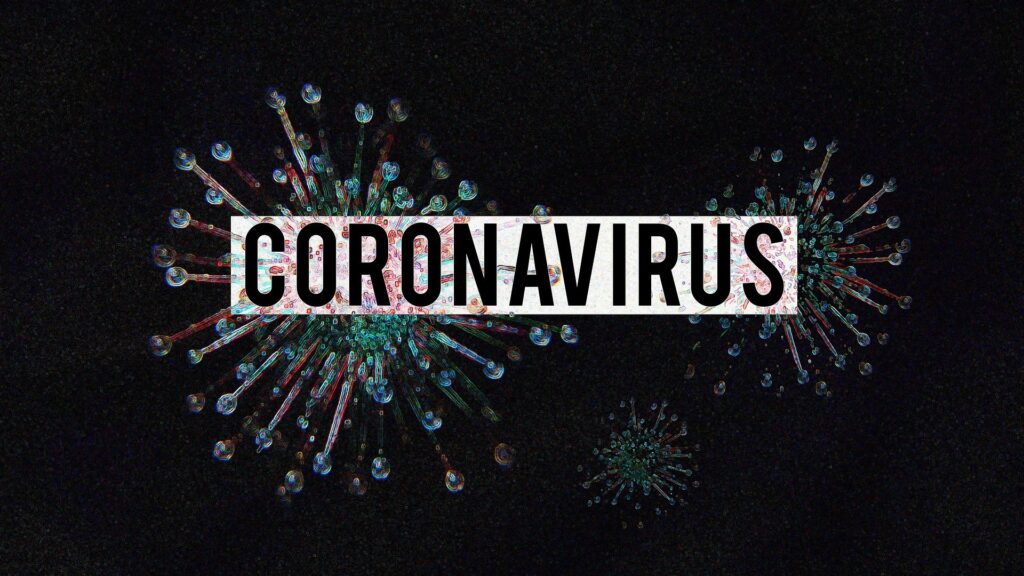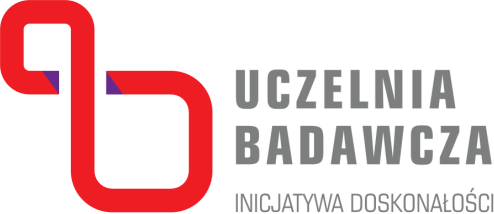
We are pleased to inform you that researchers from NCU Collegium Medicum are going to make a valuable contribution to the fight against COVID-19. Two clinical studies will be conducted simultaneously: by prof. dr hab. Jacek Kubica, vice-rector for research at the Nicolaus Copernicus University and head of the Department of Cardiology and Internal Diseases at the Faculty of Medicine, and dr hab. Eliano Navarese, professor at the Department of Cardiology and Clinical Pharmacology at the Faculty of Health Sciences. One study will be devoted to alleviating the disease and shortening its duration, and the other – to preventing infection with SARS-CoV-2 virus upon contact with an infected person.
– The studies should begin as quickly as possible, as the current statistics are alarming. Every single day, a large number of patients dies because of the virus. So if there is a chance to stop it, we should try. Even more so, we must try – says prof. dr hab. Jacek Kubica.
Time is of the essence, which is why the Rector of NCU, prof. dr hab. Andrzej Tretyn, has already declared that both projects will be financed by the University. Looking for external sources of funding entails rather lengthy procedures, which would only delay the commencement of the trials.
Both clinical trials will run simultaneously. The first project, designed by prof. Navarese, is planned to involve patients diagnosed with COVID-19 at its early stage. The trial aims at attempting to shorten the duration of the disease and alleviate its course – which is why the project’s title is ReCOVery.
– The trial itself should not take too long. It all depends on how quickly we will be able to form the study population. We have calculated that in order to test our hypothesis we would need to include 225 patients. Looking at the number of positive cases, I believe that our trial group should be formed within a week – says prof. Kubica. – The observation and collection of results is planned to take two weeks. Theoretically, our assumptions and proposed therapy should be confirmed, or refuted, within one month.
The second project received a symbolic name: PAVIA.
– This is an Italian town which close to my heart, as I spent three years of my life there, working at the local university. This historical capital of Lombardy is also one of the places where the spread of the virus has had particularly severe consequences – explains prof. Kubica, the author of the second trial.
Similarly to ReCOVery, the PAVIA project should be completed within about a month.
– It all depends on how quickly we will be able to partner with infectious disease specialists from around the country willing to participate in the study, and to gather a sufficient number of individuals to include in the trial – he adds.
What will the therapy look like and what medications will be used? These questions remain unanswered for now to ensure the well-being of patients. It is of utmost importance to verify whether a given medication works before implementing it as regular treatment.
– Some people believe that once an idea on how to fight the virus appears, it should be immediately announced to the world. However, this might be a very unsafe thing to do. We have strong and legitimate reasons to think that out strategy might prove effective. But there is always some likelihood that we are mistaken – says prof. Kubica. – We have to verify our assumptions first, so that we can be certain that they are valid and adequate. What we want to avoid is to give people a false sense of security and belief in a wonderful medication that would make them immune to the disease. Such an unverified belief could result in neglecting other means of protection and thus lead to a potential disaster.
The researchers ensure us that the risk connected with administering the tested medications is low. The trial is based on two drugs which are well known in cardiology and whose side effects are supposed to be of antiviral nature.



